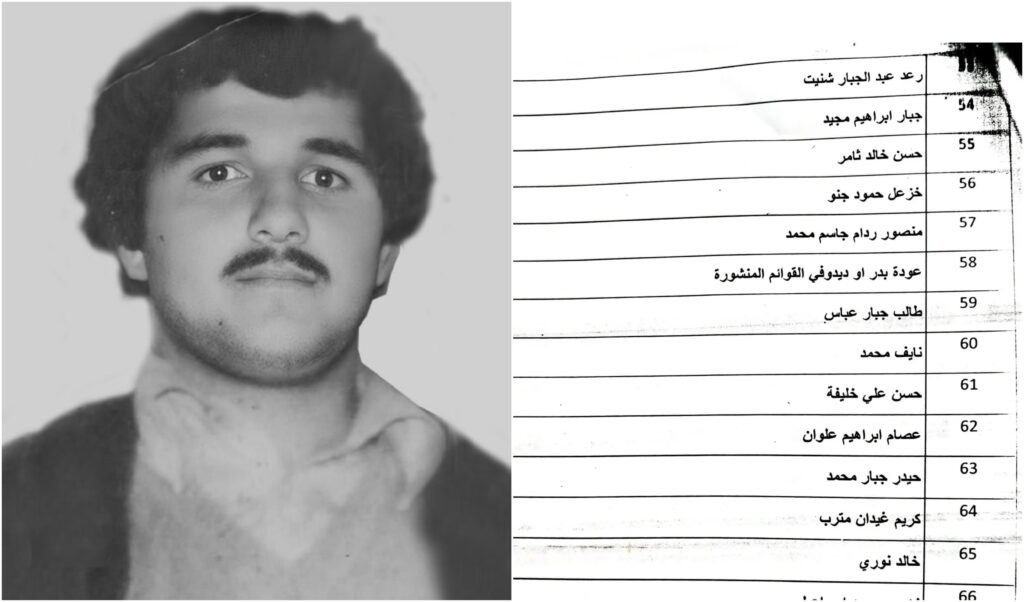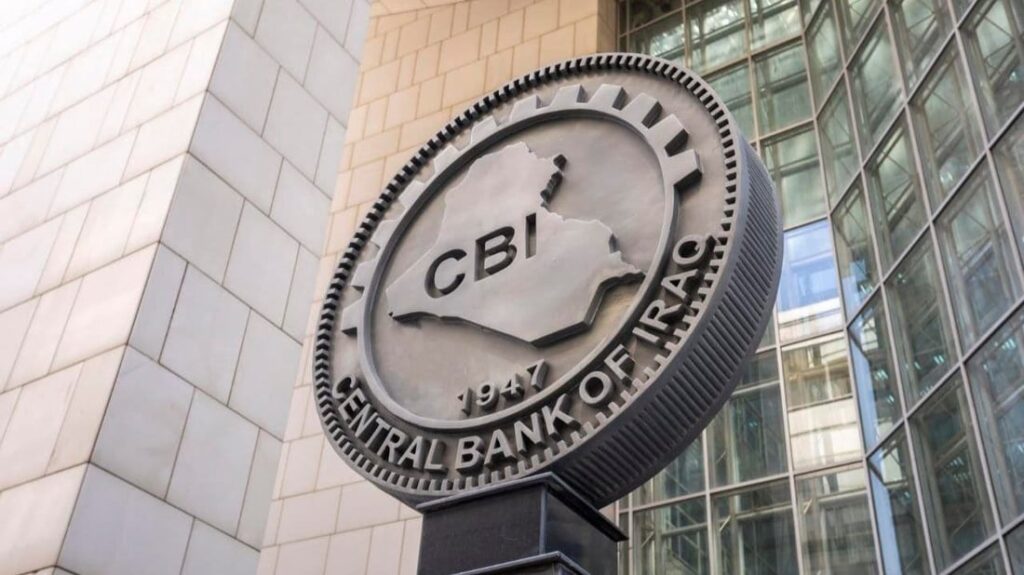Iraqi women still excluded from economic life: World Bank

“Iraq had the most changes toward gender equality in the region, reflecting a reform trend in post-conflict economies,” the ‘Women, Business, and the Law 2019: A Decade of Reform’ study reported in late February.
“There is a long way to go. Around the world, women are given only 3/4 of the legal rights that men enjoy, constraining their ability to get jobs, start businesses, and make economic decisions that are best for them and their families,” the World Bank Group’s interim president Kristalina Georgieva said in a tweet last week.
“If women have equal opportunities to reach their full potential, the world would not only be fairer, it would be more prosperous as well,” she added in a statement.
Of Iraq’s 38.2 million-strong population, 18.8 million are women.
Women’s rights activists blame the low rate of employment among Iraqi women on family culture, which often denies them the chance to finish school and enter the workforce.
Ban Faleh Majeed, an Iraqi women’s activist, told Rudaw English many Iraqi women are taken out of school by their parents or by their spouse when they get married.
Denied the qualifications needed to find jobs that will give them an independent income, women are unable to exercise their rights.
“The financial rights of woman are a factor for other rights,” she said.
The World Bank study does not give specific details on Kurdistan Region of Iraq, where the gender gap in the workforce is “quite large,” according to a UN-KRG survey published in July last year.
“Women in the workforce represent barely 15 percent of the women of working age – compared to 70 percent among males [in the Kurdistan Region],” the survey found.
Pakhshan Zangana, Secretary-General of the High Council for Women’s Affairs in Kurdistan Region, told Rudaw English there is very little difference between the Kurdistan Region and Iraq when it comes to women’s employment.
Public sector jobs
Women who do participate in the Kurdistan Region’s workforce are predominantly found in the public sector.
“The public sector employs nearly half of the working population and as much as 75 percent of working women,” according to the demographic survey conducted by UN agencies and the Kurdistan Regional Government (KRG).
Women’s rights activist Majeed said this is due to the sector’s benefits, including shorter working hours and job security. Many women also fear the potential for “sexual harassment in private sector jobs.”
Zangana agrees public sector jobs are considered more secure.
When the new Iraqi cabinet was formed in October last year, it was criticized for not including any women. Prime Minister Adil Abdul-Mahdi later appointed a woman to head up the education ministry – although she later resigned following allegations her brother had connections with ISIS.
Hanan Fatlawi, head of Will Bloc in the Iraqi parliament, posted a sarcastic tweet on February 27 quipping that Iraqi society “is not patriarchal at all” alongside a photo of an all-male meeting of Iraqi political parties in Baghdad.
Fatlawi is the only woman leading a political party is Iraq. She has criticized “patriarchal” society of Iraq, particularly when it comes of government posts.
Similarly, when both ruling parties in Kurdistan Region – Kurdistan Democratic Party (KDP) and Patriotic Union of Kurdistan (PUK) signed a significant deal on Monday, Kurdish singer Dashne Murad, who usually comments on women rights in the Region, sarcastically tweeted that gender equality is observed by the meeting participants.
“Am I blind? Wow look at all of those women … gender equality,” tweeted Murad.
Those women who are included in government are often handed service and cultural ministries rather than top post. The KRG’s outgoing cabinet had just one female minister, Nawroz Mawloud, who was head of the Ministry of Municipalities.
There was a glimmer of progress on February 18 when the KRG’s new parliament elected a woman as speaker for the first time since its foundation in 1992.
Iraq’s social conservatism towards women often escalates into harassment and violence. Many female business owners receive threats from extremists. Others have been murdered. The killing of Iraqi Instagram model and social media blogger Tara Fares last year shocked the world.


